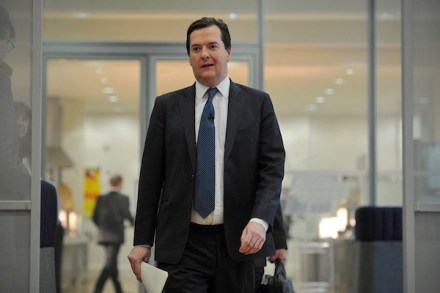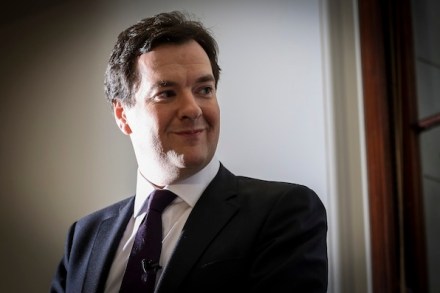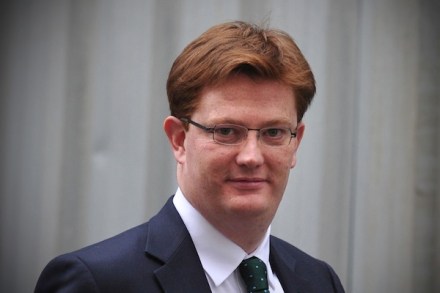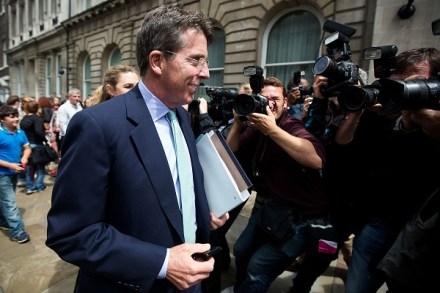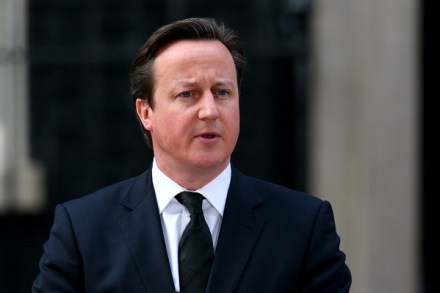The chancellor survived the IMF report, but there’s another challenge ahead
George Osborne has got through the IMF’s report on the UK economy. It is far from a ringing endorsement of his approach but, as Isabel notes, its criticisms are couched in such opaque language that I doubt they’ll have much political impact. I also suspect that the Treasury is not unhappy about being told that it needs to get on with returning RBS and Lloyds to the private sector. Selling even a tranche of these bank shares before 2015 would be politically powerful, aiding the Tories in their attempt to argue that they’ve been clearing up the mess that Labour left behind. The next challenge for the Treasury is the
